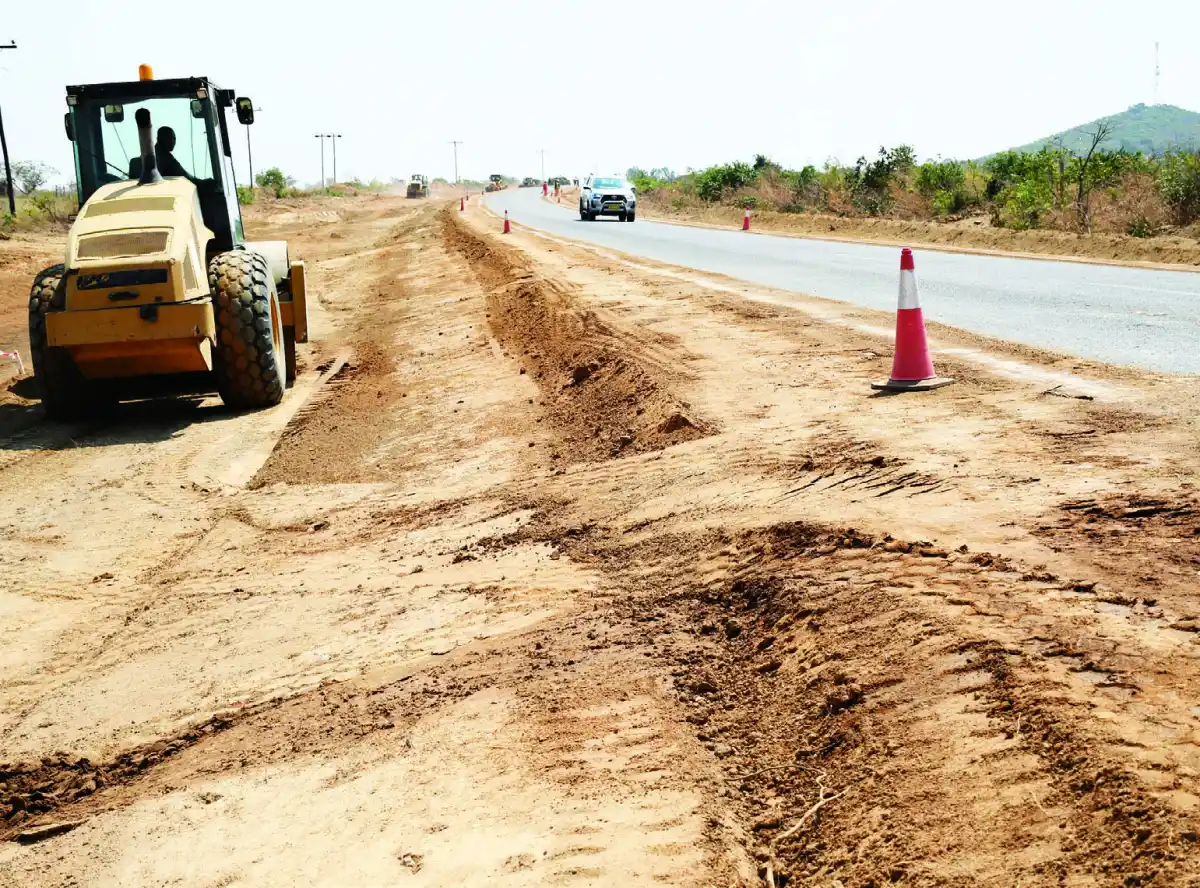

Africa remains a continent to watch for many decades to come as room for sustainable growth and development remains vast. There is untapped potential in almost all spectrums.
Its population is largely youthful [35 years and below], and the continent is earmarked to host a fifth of the world’s population by 2030.
According to a recent Unicef report, all children under five will live in Africa by 2050.
The largely younger population gives the continent an edge as a formidable source of the much sought for labour on the global arena.
Africa is also rich in natural resources. It already feeds the global market with essential components for manufacturing and processing of edible products and other essentials.
It is estimated that the continent holds about 40 percent of the world’s gold reserves, and 30 percent of other essential minerals.
If its agriculture sector was well harnessed with systematic investment, the continent could also turn into the global food basket without much toil.
The African Development Bank (AfDB) suggests that in Africa, agriculture value could surge from $280 billion last year to $ 1 trillion by 2030.
But much of the continent’s potential was yet to be converted into fortunes for its people and growth.
Collective economic growth in real gross domestic product (GDP) terms and quality of life for many remained largely subdued.
It is until that countries of the continent find space in the category of fastest growing economies of the world, thanks to collaborative efforts.
According to the latest African Development Bank (AfDB) bi-annual Africa Macroeconomic Performance and Outlook Report, the continent will account for eleven of the world’s 20 fastest growing economies this year.
Overall, the continent’s real GDP growth for the year is projected to average 3.8 percent and 4.2 percent in 2025.
The estimates are higher than the projected global averages of 2.9 percent and 3.2 percent of 2024 and 2025, respectively.
“Growth in Africa’s top-performing economies has benefitted from a range of factors, including declining commodity dependence through economic diversification, increasing strategic investment in key growth sectors and rising both public and private consumption, as well as positive developments in key export markets,” says AfDB President Akinwumi Adesina.
But for sustained growth, Africa needs to harness mutually beneficial and sustainable partnerships with other global forces.
The European Union (EU) comes in handy with its global gateway initiative—a new strategy to boost smart, clean and secure links in digital, energy and transport sectors and to strengthen health, education and research systems across the world.
Launched in December 2021, the initiative’s ideals are crafted to ensure strategic autonomy for the EU in its economic and political relations with the rest of the world.
“The Global Gateway Strategy is a template for how Europe can build more resilient connections with the world,” said Ursula von der Leyen, President of the European Commission at the time.
But Africa is not coming in the equation as a cheerleader considering its competitive edge.
A specific arrangement under Global Gateway Africa—Europe Investment Package sees the latter supporting the African continent with €150 billion worth of investments between 2021 and 2027.
It provides an overarching framework for continent-to-continent-dialogue, and is based on shared values which include peace, security to democracy and human rights.
It is also focused on a people-centred partnership to advance the green and digital transitions.
The initiative creates space for equal partnership as ‘Europe needs Africa the way Africa needs Europe.’
Its main objective remains to build more resilient connections between Africa and Europe, mobilise at least €150 billion of investments for Africa’s socio economic, green and digital transformation and support Africa’s priorities, co-created under Agenda 2063.
The Global Gateway Africa–Europe Investment Package aims to support Africa for a strong, inclusive, green and digital recovery and transformation.
It is earmarked to accelerate the green transition, digital transition, sustainable growth and decent job creation; strengthening health systems; improving education and training.








0 Comments